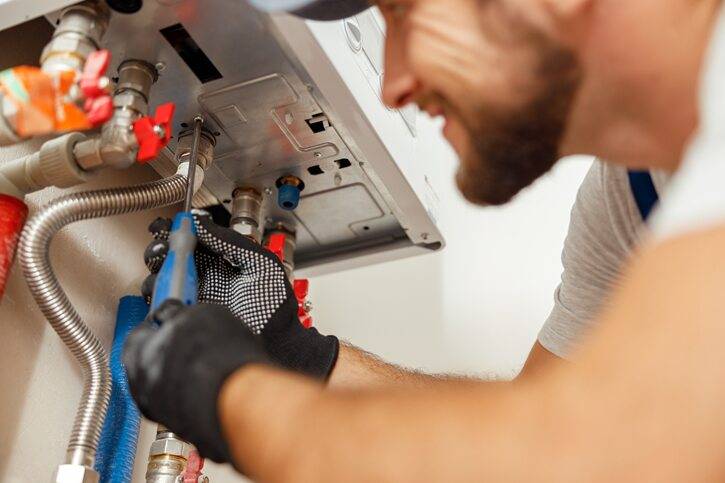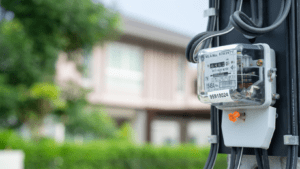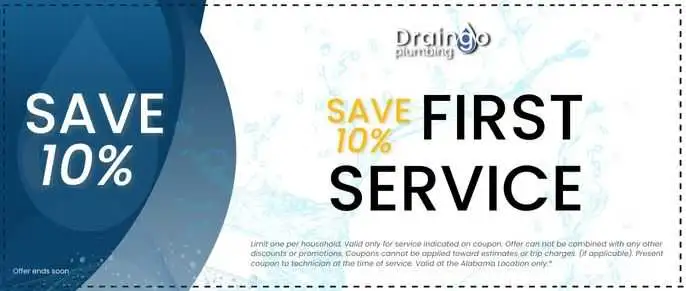How to Perform a Check to See if Your Hot Water Heater Needs Repair
Introduction
The hot water heater is an unsung hero in our homes, quietly ensuring insufficient hot water for our comfort and convenience. However, like any appliance, it requires attention and maintenance. Understanding the signs of a malfunctioning hot water heater is crucial for timely repairs, preventing costly damage, and ensuring consistent hot water supply. This article delves into the essential checks and maintenance tips to keep your hot water heater in top condition.
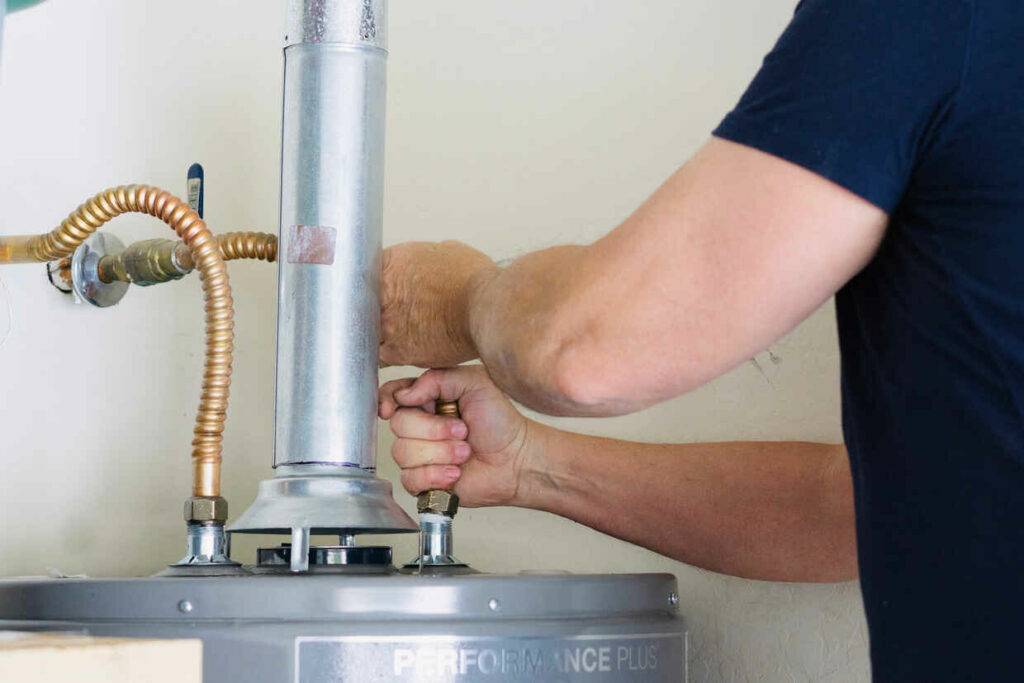
Recognizing the Signs of a Failing Hot Water Heater
Inconsistent water temperatures are often the first sign of trouble. If you’re experiencing lukewarm water or sudden temperature spikes, it’s time to inspect your heater. Listen for unusual noises like banging or clanking, which can indicate sediment buildup or mechanical issues. Discolored water or visible rusty particles suggest internal corrosion, while water pooling around the heater signals a leak that needs immediate attention.
Basic Hot Water Heater Anatomy
Regular Maintenance Tips
Troubleshooting Common Issues
DIY vs. Professional Repair
While some minor issues like relighting, replacing the pilot light or adjusting the thermostat can be handled DIY, more complex problems require professional expertise. Understanding when to call in a professional is crucial for safety and effective repairs.
How to Perform Check if Your Hot Water Heater Needs Repair
Begin by visually inspecting your heater for signs of wear or damage. Check the pilot light, thermostat settings, and look for any serious water leaks or corrosion. Listen for unusual noises and monitor water temperature consistency over a few days.
Energy Efficiency and Your Hot Water Heater
A well-maintained hot water heater is more energy-efficient. Regular maintenance, proper insulation, and temperature adjustments can reduce energy consumption and lower your bills.
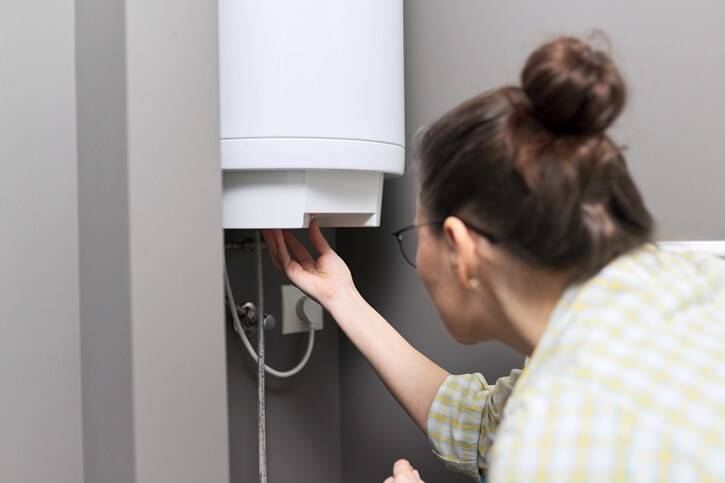
Upgrading Your Hot Water Heater
If repairs to gas water heater are becoming frequent or your heater is over a decade old, consider upgrading. Modern heaters are more energy-efficient and offer better performance. Research options like tankless heaters or solar-powered models for long-term savings.Safety Precautions During Repair and Maintenance
Always turn off the power supply before performing any maintenance. Be cautious when handling electrical components or dealing with gas lines. If in doubt, contact a professional.Cost Considerations for Repair and Replacement
Repair costs vary depending on the issue and parts required to fix it. A new hot water heater can be a significant investment, but it’s often more cost-effective in the long run compared to frequent repairs.The Role of Water Quality in Heater Performance
Hard water can lead to sediment buildup and reduce your water heater tank’s efficiency. Consider installing a water softener or regularly flushing your tank to mitigate these effects.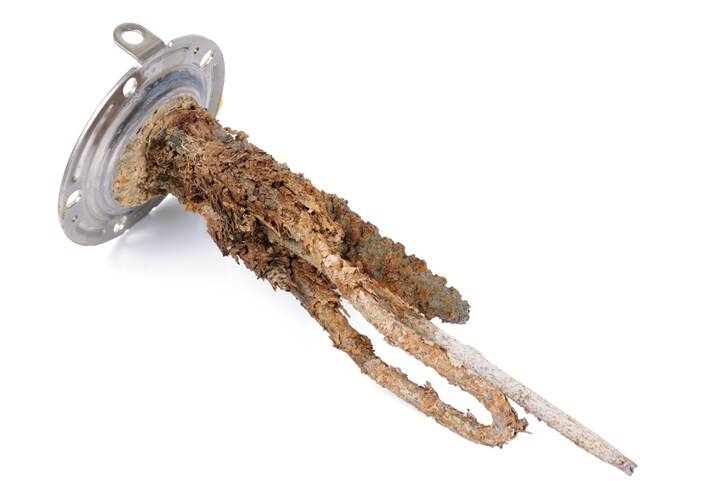
Seasonal Considerations for Hot Water Heaters
Prepare your heater for winter by checking the insulation and ensuring all components are in good condition. Summer is a good time for routine maintenance and inspections.
Understanding Warranties and Guarantees
Familiarize yourself with your heater’s warranty terms. Keep documentation handy for reference during repairs or when considering a replacement.
Choosing the Right Professional for Repairs
Look for licensed, experienced professionals with good reviews. Ask about their experience with your heater model and whether they offer a service guarantee.
Emergency Situations and Immediate Responses
In case of a leak or gas smell, shut the valves and off the power and water supply immediately and call a professional. Quick action can prevent further damage and ensure safety.
Long-Term Care and Maintenance Plans
Develop a maintenance schedule to regularly check and service your electric water heater well. Consider annual professional inspections for optimal performance.
Technological Advances in Hot Water Heaters
Stay informed about new technologies like smart heaters or energy-efficient models. These advancements can offer better performance and cost savings.
Environmental Considerations and Sustainability
Opt for eco-friendly models electric water heaters that reduce energy consumption and carbon footprint. Sustainable practices in water heating contribute to environmental conservation.

